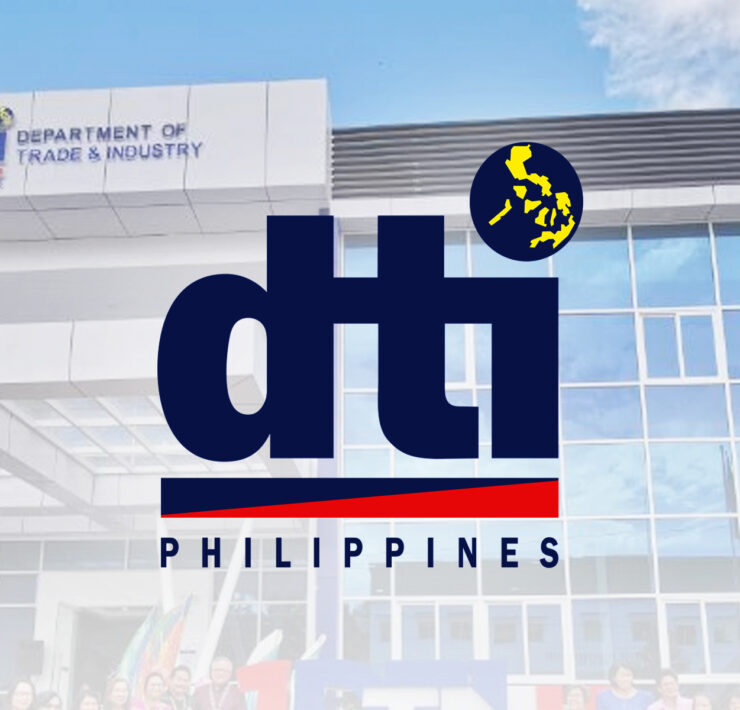With a little help, small businesses can aspire to go global

For micro, small and medium enterprises (MSMEs) that are planning, or hoping to go global, finding the right partner to help them navigate the complex—and at the moment, tumultuous—international market is crucial to their success.
Payoneer, a pioneering financial platform for cross-border business, has made its services available to these MSMEs, which make up more than 90 percent of locally registered establishments.
Monique Avila, Payoneer head of customer success for Asia-Pacific, says the company has established as its niche the servicing of cross-border payments.

Payoneer offers convenience, speed, security, lower cost and the flexibility of paying or getting paid in different currencies.
Banks take longer to process transactions and charge higher fees. Electronic or e-wallets, while fast, do not have the facility to allow transactions in any denomination.
Through Payoneer, MSMEs are now able to access the global market. The world’s underserved businesses are being connected to a rising global economy.
Payoneer estimates that, based on staff sizes, 90 percent or more of its customers in the Philippines are individual contractors or MSMEs.
With its services available in over 190 countries and territories, Payoneer helps these firms manage their financial operations, including treasury, currency conversion for payments, vendor management, as well as accounts receivable and accounts payable.
A key market
Payoneer considers the Philippines one of its key markets, “a global hub for digital services” that includes business process outsourcing or BPO (including call centers) companies, creative and technology-enabled sectors.
Local businesses in information technology, software, digital services, marketing and creative services, e-commerce and logistics, professional services (such as consulting and accounting), travel services have tapped Payoneer to simplify global payments and scale internationally.
As Payoneer is able to handle multi-currency transactions, clients can keep payments they receive in virtual bank accounts in foreign denominations, like United States dollars.
“[Y]our … client in the US will just perform a domestic transfer (which is cheaper). And then you get to store (your payment in) US dollars … (If you need money), you can bring the funds to the Philippines (or) use other products, like our (Payoneer) card (to pay for products and services) or (to use abroad if you are traveling),” Avila explains.
Clients set up their own “accounts” and money from that account may be transferred by Payoneer to their local accounts—a process that is still faster and cheaper, according to Avila.
Payoneer also keeps clients abreast of fluctuating rates of exchange so they know the optimal time to withdraw their funds.
In keeping with the evolving landscape of the service-providing industry, Payoneer has also gone beyond simply being a facilitator for moving currency from payer to payee. It has expanded its business to business services to meet emerging needs and trends.
Workforce management
Tarun Gadhok, Payoneer senior director for account management, says Payoneer has added a capability called workforce management, where it helps with fundamental principles to assist companies go global and cross borders.
Payoneer’s Workforce Management (WFM) division is a platform that empowers companies to seamlessly hire and manage talents across borders.
Through WFM, Payoneer assists clients find the best talent or work contractor they need in more than 100 countries served by the company.
It helps hire and “manage” employees, like handling payroll, and ensuring that local laws are complied with.
“Every country has different labor laws,” Gadhok points out. The process is “actually a tech-driven employee management platform”.
“This helps small businesses … basically break the border and go global by not having to worry too much about compliance. Setting up an entity in a new country can be really taxing. It requires time … managing that entity on an ongoing basis [is] even more difficult, because you have to do compliance filings. So all of that we do on behalf of our customers. We just let them just identify and/or hire the talent, or we can actually even hire, manage and pay the employees through the life cycle.”
Niche market
In the Philippines, she says, Payoneer established its office in 2016 specifically to service small businesses or the “freelancing” industry. This includes individuals who are contracted to do work for overseas clients.
Avila says Payoneer has a “niche market”, and that is really to facilitate cross-border payments.
The cost for both payer and payee is seen to be lower. A client in the US, for instance, can pay a Filipino contractor by making a domestic transfer to the virtual dollar bank account of the payee, who may choose to keep the payment in his or her account. Another option is to use Payoneer’s other products, like its card, to access the money or transfer it to a Philippine bank, which will entail charges, explains Avila.
The process is faster and cheaper, Avila says.
Payoneer also helps clients decide when it is best to withdraw their funds by monitoring exchange rates.
Flagship event
An indication of how important the Philippines is to Payoneer is suggested by its choice of the country as venue for its recent VIP Connect, its global flagship event for high-growth businesses.
With the theme of “20 Years of Empowering Businesses to go Global”, the event celebrated two decades of partnership with businesses in navigating the complexities of cross-border payments. It showcased Payoneer’s role in empowering local businesses with tools and community support.
Attendees were treated to a preview of new product features, Workforce Management and product road map.
Filipino customers shared stories of their journey toward global growth. Speakers included local and regional Payoneer leaders. Among the topics covered were efficiency, scalability and payouts.





















